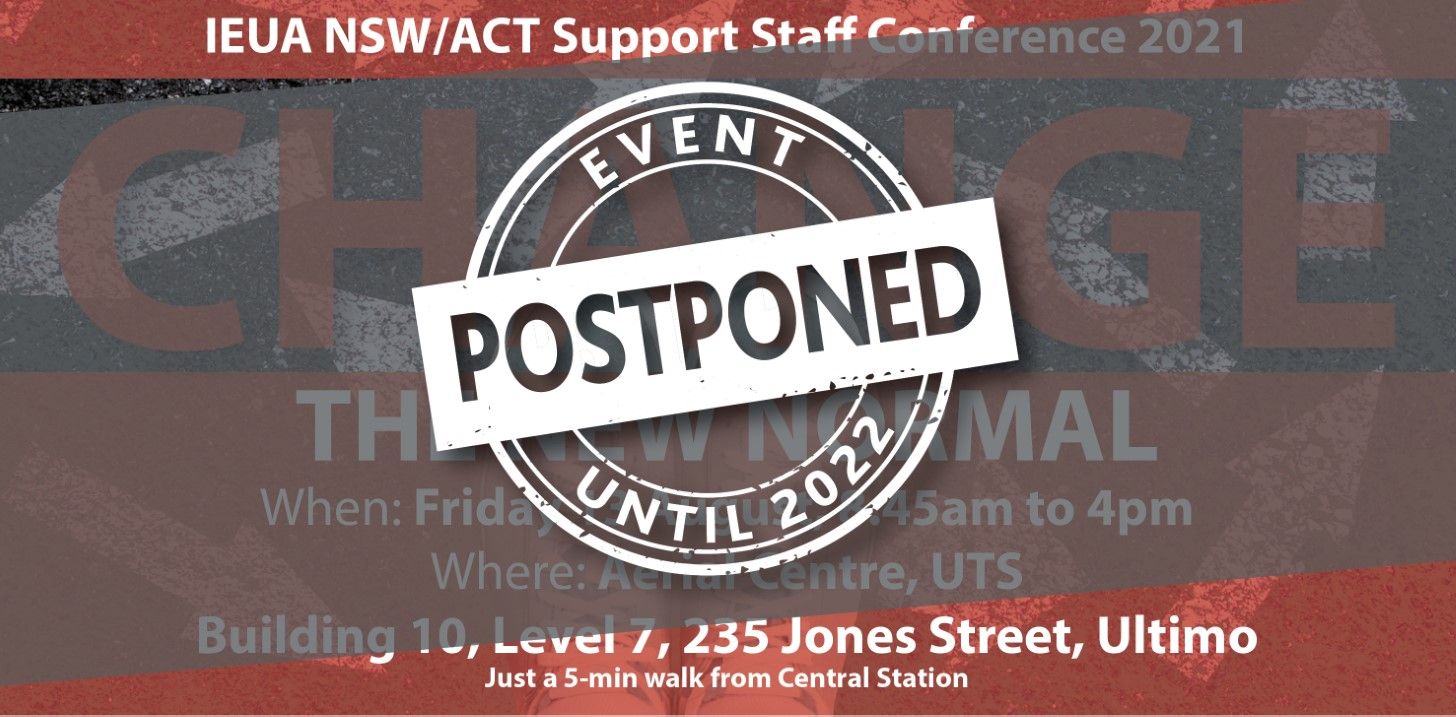
The ACT’s Work Health and Safety Commissioner, Jacqueline Agius, was to be a keynote speaker at this year’s IEU Support Staff Conference, now postponed until 2022. Here, Agius talks about the main hazards school support staff face in the workplace. And they’re probably not what you think.
“Every worker has a right to be safe in their workplace,” says ACT Work Health and Safety Commissioner Jacqueline Agius, an experienced leader and lawyer with extensive knowledge of industrial relations and work health and safety laws. Agius is committed to improving health and safety standards and creating a strong safety culture in workplaces.
Psychosocial hazards, now more widely recognised, are high on Agius’s agenda, and she has established a dedicated team at WorkSafe ACT to regulate these risks.
“A psychosocial hazard is a workplace hazard that can result in a psychological injury, in the same way a trip hazard might result in a physical injury,” Agius says. “Work-related violence and aggression, work-related stress, work-related bullying and excessive workloads are examples of psychosocial hazards.”
Before becoming WHS commissioner in April 2020, Agius was a senior industrial officer with the Australian Education Union’s ACT Branch – so she knows a thing or two about the work of support staff in schools. And she doesn’t pull her punches.
“From a work health and safety perspective, psychological risks are by far the greatest risk to school support staff,” Agius says. “Education support staff usually work closely with students with complex needs and their parents and can be victims of work-related violence and aggression.”
Safety during the pandemic is also up there on Agius’s priority list. The pandemic has brought with it constant workplace change, and when this is poorly managed, it also poses a psychosocial hazard. On top of this is the risk of catching the virus itself.








































































































































